Will King Charles’s environmental activism affect the ‘special relationship’ with the US?
The new king’s interactions with US leaders have often revolved around climate change. US senators tell Andrew Feinberg in Washington, DC whether this could be an issue for relations with the oil-friendly United States

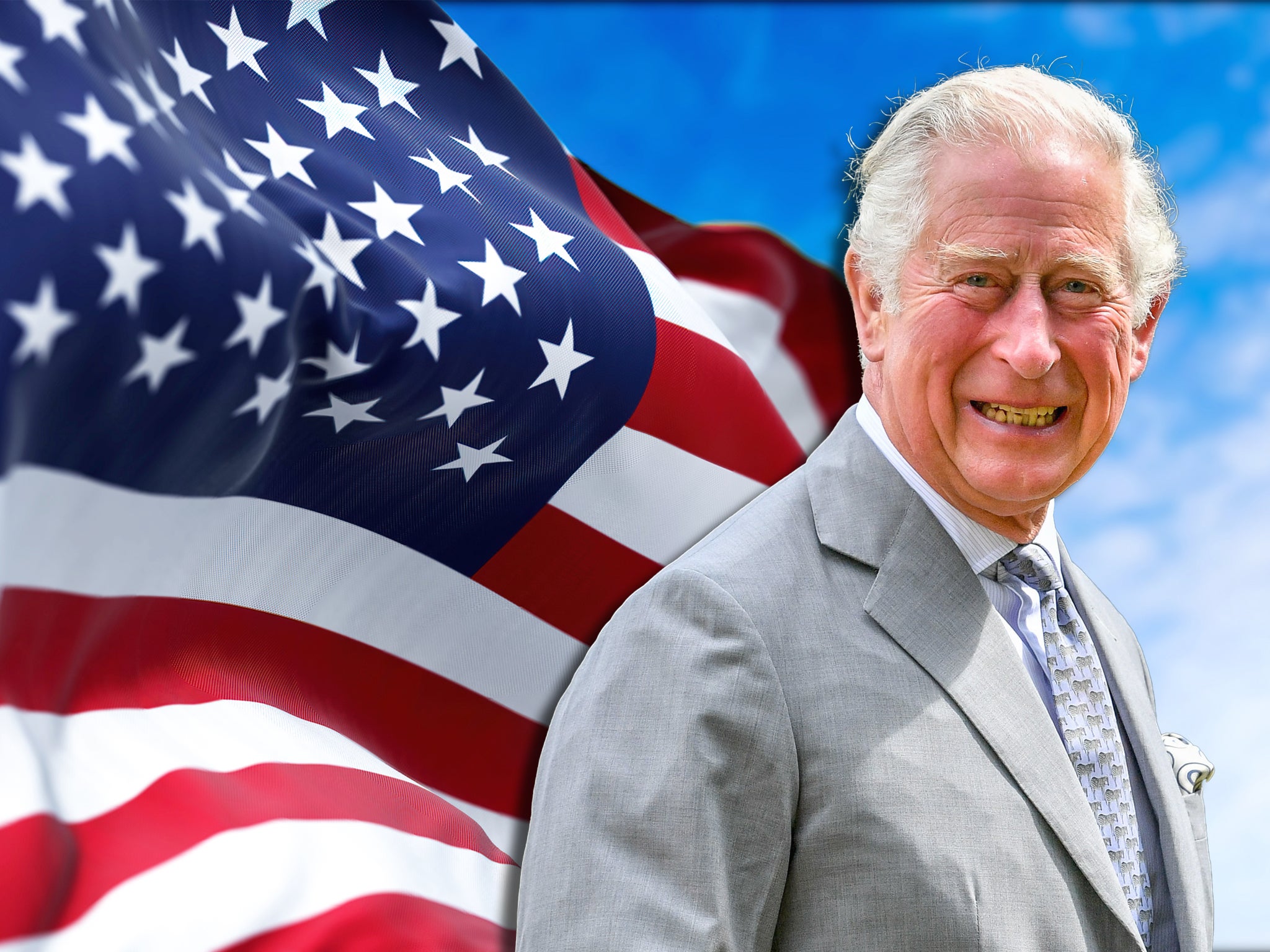
Your support helps us to tell the story
From reproductive rights to climate change to Big Tech, The Independent is on the ground when the story is developing. Whether it's investigating the financials of Elon Musk's pro-Trump PAC or producing our latest documentary, 'The A Word', which shines a light on the American women fighting for reproductive rights, we know how important it is to parse out the facts from the messaging.
At such a critical moment in US history, we need reporters on the ground. Your donation allows us to keep sending journalists to speak to both sides of the story.
The Independent is trusted by Americans across the entire political spectrum. And unlike many other quality news outlets, we choose not to lock Americans out of our reporting and analysis with paywalls. We believe quality journalism should be available to everyone, paid for by those who can afford it.
Your support makes all the difference.The last time the world turned its eyes to Westminster Abbey to see St Edward’s Crown placed on the head of a new British monarch, most Americans living today had not yet been born.
The United States was the world’s leading economic and military power, challenged only by the Soviet Union, which was still recovering from the effects of the Second World War.
Television was a relatively new medium, broadcast over the airwaves on a handful of channels for a limited amount of time each day. Phone calls were often made through operators, with long-distance calling a prohibitively expensive luxury for most. And the idea of mobile telephones, much less an all-in-one device delivering video, phone calls and messages to the palm of one’s hand, was the stuff of science fiction, nothing more.
But in the United States, 85 million people tuned in to watch recorded highlights of the ceremony that made Queen Elizabeth II one of the most famous and recognisable women in the world.
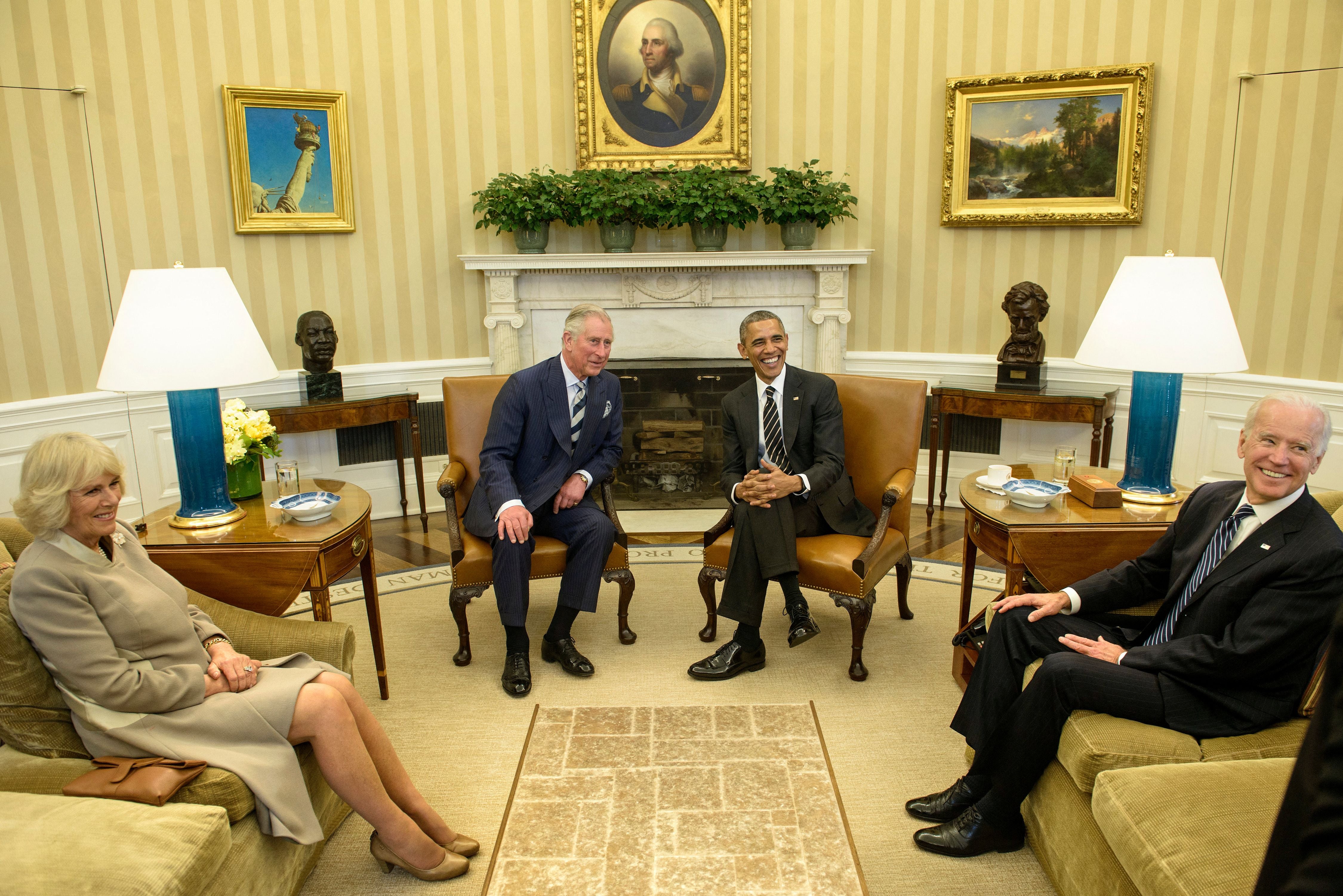
Starting in 1951, when then-Princess Elizabeth visited the US for the first time, the late Queen was held in extremely high esteem by citizens of a nation that had won its independence from Great Britain in a bloody war of independence less than two centuries before. Yet the two former enemy nations had since mended ties and together formed what Sir Winston Churchill dubbed the “Special Relationship” that has formed the backbone of a transatlantic alliance that begat Nato and led the West to a victory over communism after nearly a half-century of Cold War.
Over her seven decades on the British throne, Elizabeth II was the head of state through the terms of 15 prime ministers and 14 American presidents, all of whom she met personally save for Lyndon Johnson.
The man who will be crowned King on Saturday, Charles III, can’t quite match his late mother’s record, having only met 10 of the last 14 occupants of 1600 Pennsylvania Avenue.
But over his 64 years as Prince of Wales, the King has spent significantly more time in the US than his mother did over her lifetime.
According to Buckingham Palace, then-Prince Charles has crossed the Atlantic to visit America on 22 separate occasions, with his first trip occurring in July 1970 and his most recent visit taking place in December 2018.
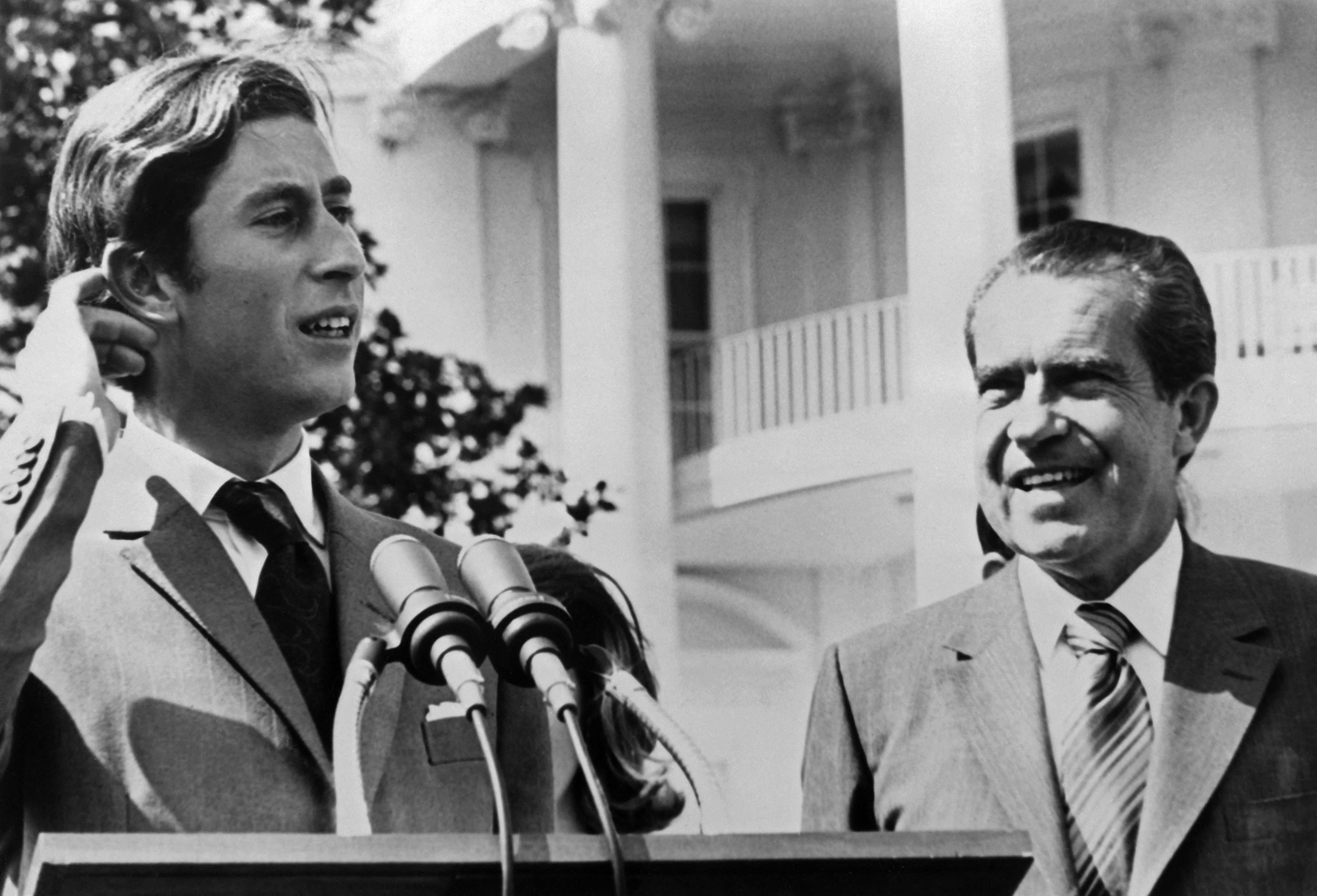
It’s possible that he wasn’t so interested in the government that replaced the rule of Parliament under his ancestor George III when he first visited Washington more than five decades ago.
At the time, he was gifted an official copy of the United States Senate rulebook during a tour of the Capitol and Senate chamber.
Instead of making it onto a bookshelf in the then-Prince of Wales’ residence at Highgrove House, the leatherbound volume — one of 450 printed at the outset of the 91st Congress — was found decades later in a used book store, still embossed with the title of its original recipient: His Royal Highness The Prince of Wales.
While he may not have been so interested in the gift, he later expressed deep gratitude for the reception he and his sister Princess Anne received at the White House when visiting with then-president Richard Nixon and his family.
In a thank-you note to Nixon, Charles wrote that the “kindness” shown to him and Anne was “almost overwhelming”.
“Both my sister and I take back to Britain the most heartwarming evidence of what is known as the special relationship between our two countries and of the great hospitality shown to us by you and your family,” he added.
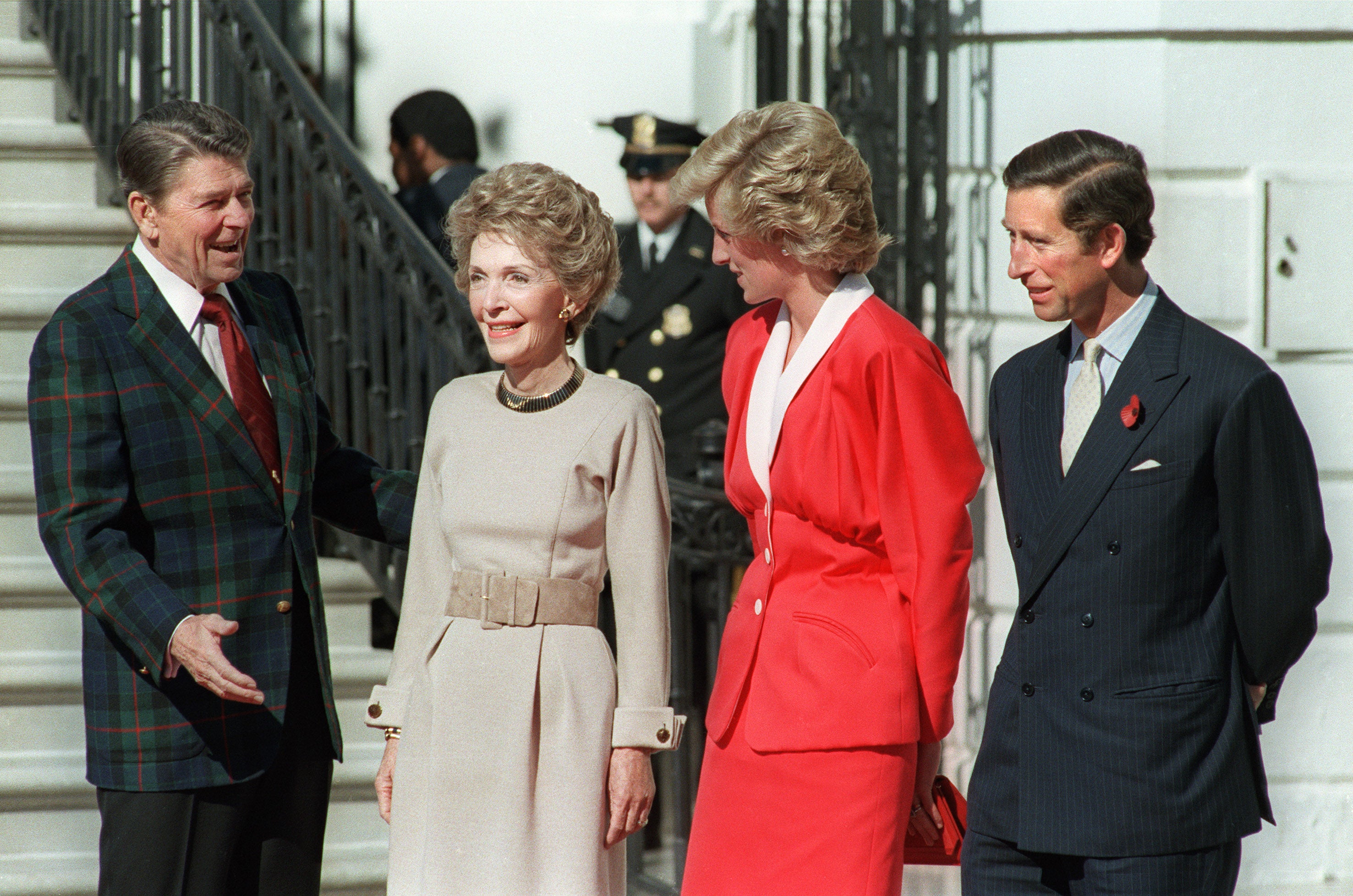
In a decades since, Charles’s subsequent interactions with American leaders have been more focused on his passion for addressing climate change.
When he met with President Joe Biden at the Cop26 summit in Glasgow, the climate crisis was the subject of their discussions. The two men also discussed climate-related matters when Mr Biden visited Buckingham Palace for a reception held by the late Queen during the G7 leaders’ summit in Cornwall.
But the King has acknowledged that his new role won’t allow him the freedom to continue his climate activism.
In a 2018 documentary, he was asked if he’d keep on campaigning in the same way once he was on the throne.
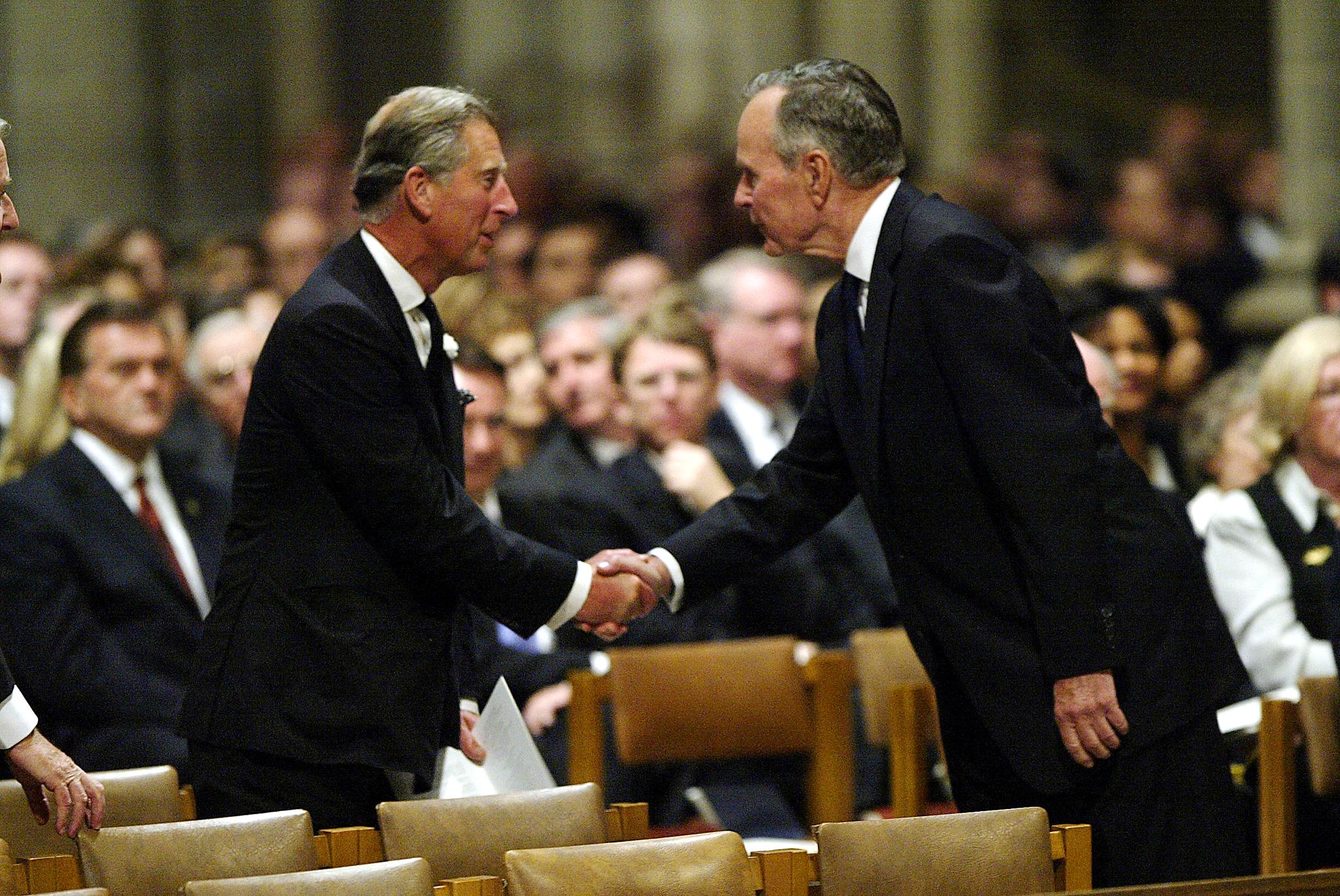
“I’m not that stupid,” he said. “You can’t be the same as the sovereign if you’re the Prince of Wales or the heir.”
Given the politically-fraught nature of debates over human-caused climate change — particularly in an oil-producing, automobile-loving nation such as the United States — one could argue that the King’s past activism could make him persona non grata among American policymakers if a fossil fuel-friendly Republican administration retakes the White House.
But members of Congress queried for their thoughts on the new King by The Independent didn’t think his past outspokenness would put any sort of dent in the Special Relationship.
Representative Ro Khanna, a California Democrat, told The Independent in a text message that the King’s work on climate issues could connect him with America’s youth.
“King Charles’ years of sincere climate activism can help him forge a bond with America’s youth. He has an opportunity to lead on this issue globally and deepen the bonds between our nations,” he said.
But James Lankford, the Republican senior senator from oil-rich Oklahoma, said he is confident that Charles’s opinions won’t find their way into the official positions of His Majesty’s Government.
“I don’t think it’ll have any effect,” he said. “Parliament is going to determine what their policies will be as a nation.”

His GOP colleague, Senator John Kennedy of Louisiana, also told The Independent he does not believe the King’s past activism will be a factor in the US-UK relationship as he moves forward as sovereign.
Mr Kennedy, who earned a Bachelor of Civil Laws from Magdalen College, Oxford in 1979, said he expects Charles III to be far less loquacious when it comes to controversial subjects compared to Charles, Prince of Wales.
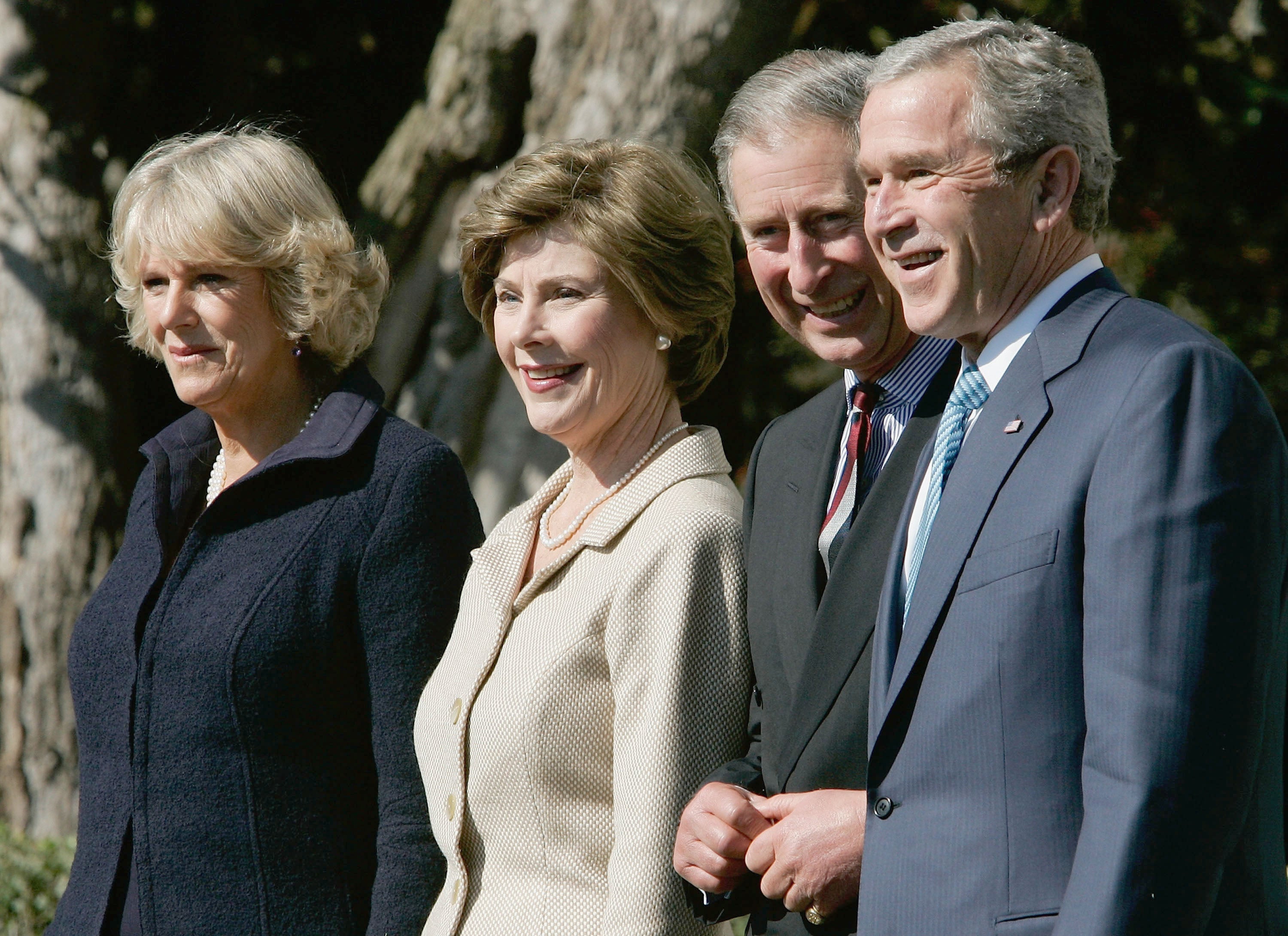
“He was outspoken when he was Prince Charles — you can do that when you’re not the King or the Queen, but I think he will find that he’ll have to be more circumspect. I’m not saying he’s wrong on the things about which he has spoken. But being the heir is one thing, being the actual King or Queen is quite another,” he said, comparing the difference between being the sovereign and Prince of Wales to the difference between being a US Senator and President of the United States.
“Senators can sort of say stuff and it the whole world doesn’t listen, but a president is different and so is a King or Queen. And I think he will find out pretty quickly, he’s going to have to pick and choose carefully the areas in which he decides to wade,” he added.
But the Louisiana Republican said he hopes Charles will continue to be a source of stability for the UK in the same way his late mother was over her seven-decade reign, especially since the UK government has been anything but stable in recent years.
“They don’t make policy. But they do make stability, and they do make continuity. And the monarch is a symbol of the extraordinary history of the UK, the growth in the UK, the mistakes that the UK has made … and the future of the UK. … it is an extraordinary symbol of not just cultural values in the country, but freedom,” he said.
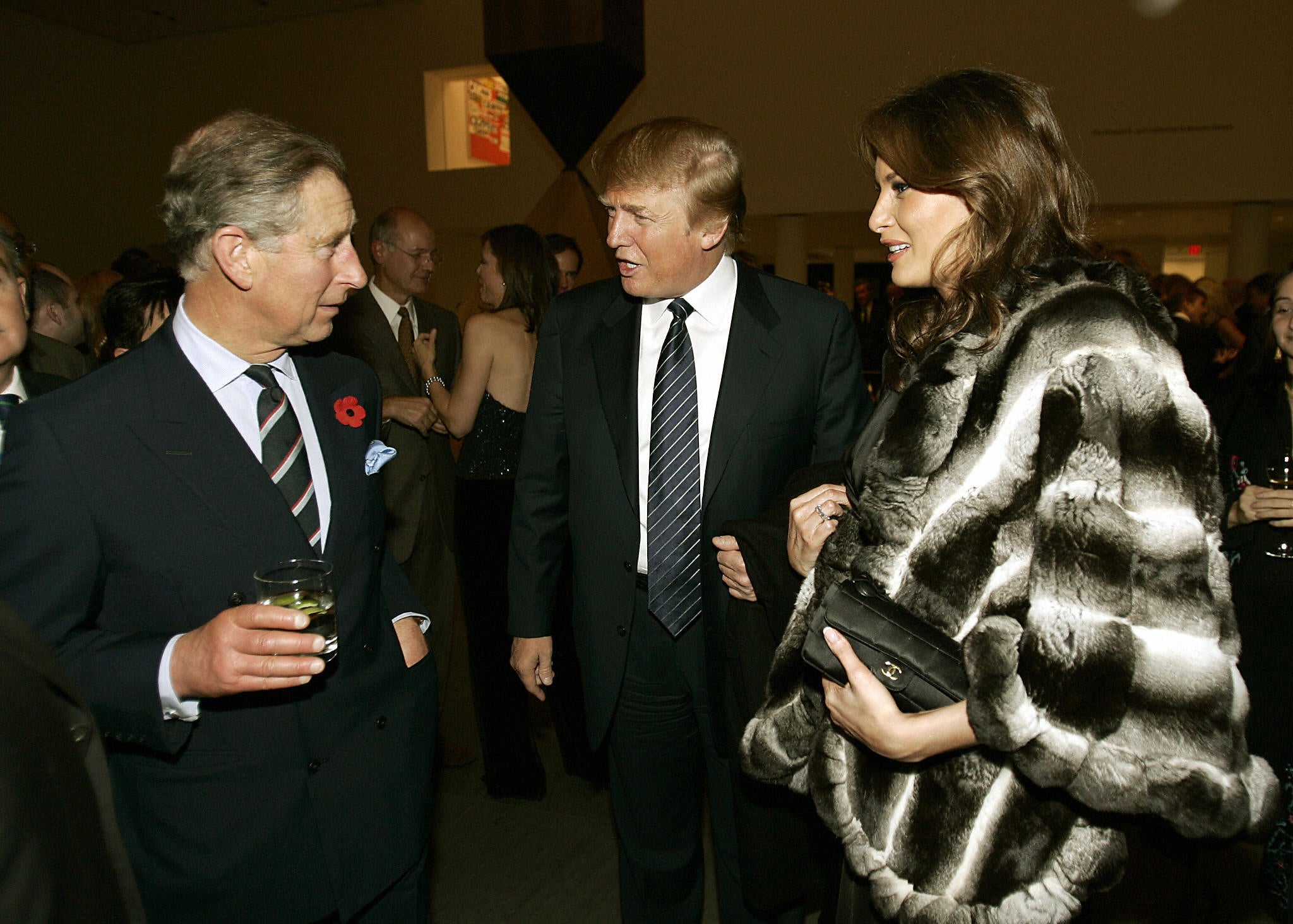
Senator Ben Cardin, a Maryland Democrat who served as ranking member of the upper chamber’s foreign relations committee from 2015 to 2018, told The Independent he doesn’t believe Charles III will have much of an impact on the US-UK relationship because it is already “solid”.
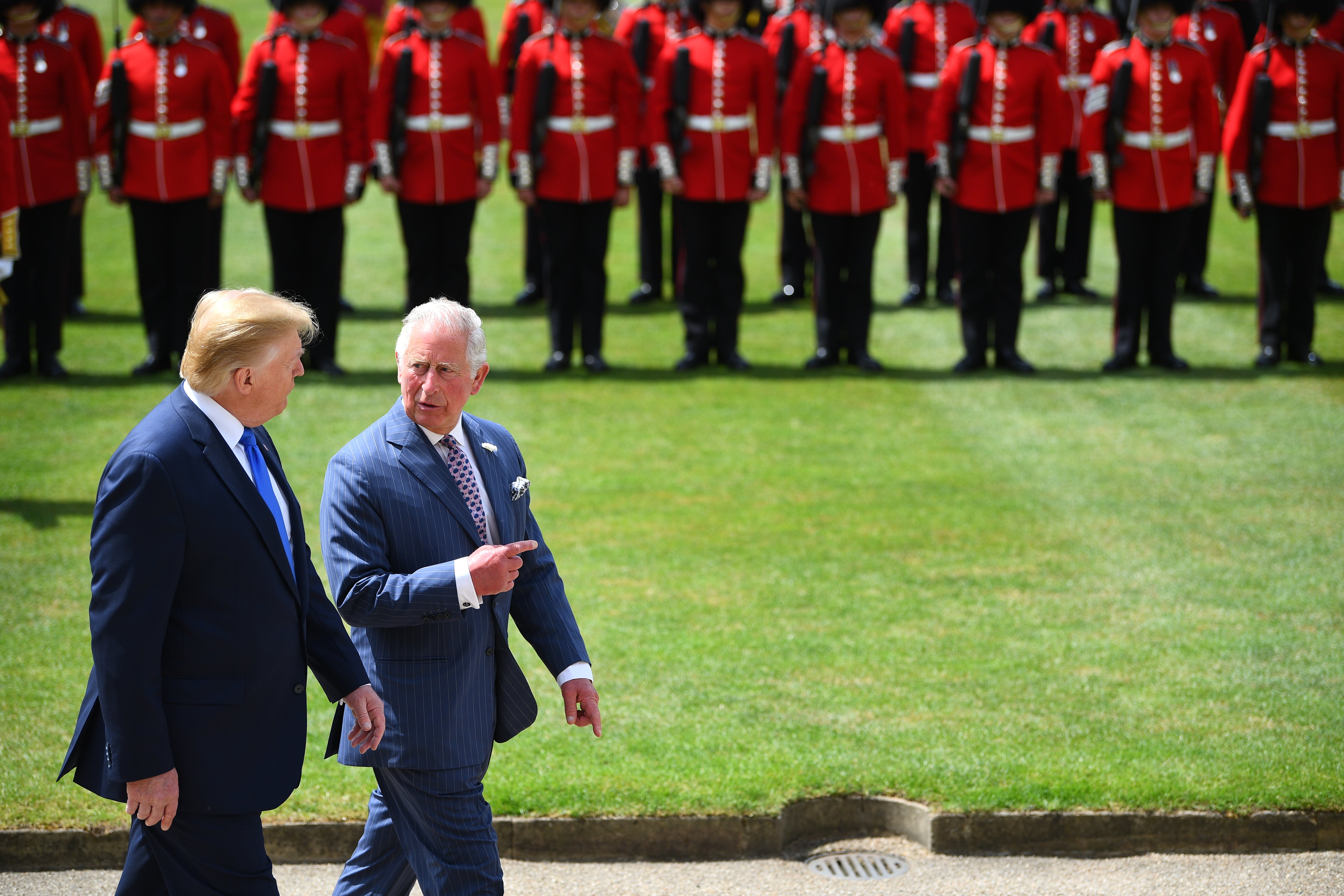
Virginia Senator Tim Kaine, who said he once met the then-Prince of Wales while serving as the mayor of Richmond, Virginia, said Americans know the King well and predicted that the US-UK relationship “will stay strong” during his time on the throne.
Pressed about Charles’s climate activism, Mr Kaine said he appreciates the King’s past work, but while he noted that it was a “longstanding and sincere interest” of the former Prince of Wales, he told The Independent he doesn’t see it having an impact on US-UK relations.
But his Maryland colleague, Mr Cardin, said he hopes Charles will use his new position to continue drawing attention to the climate crisis, comparing the new King to Pope Francis, who has also commented on the need to address climate change.
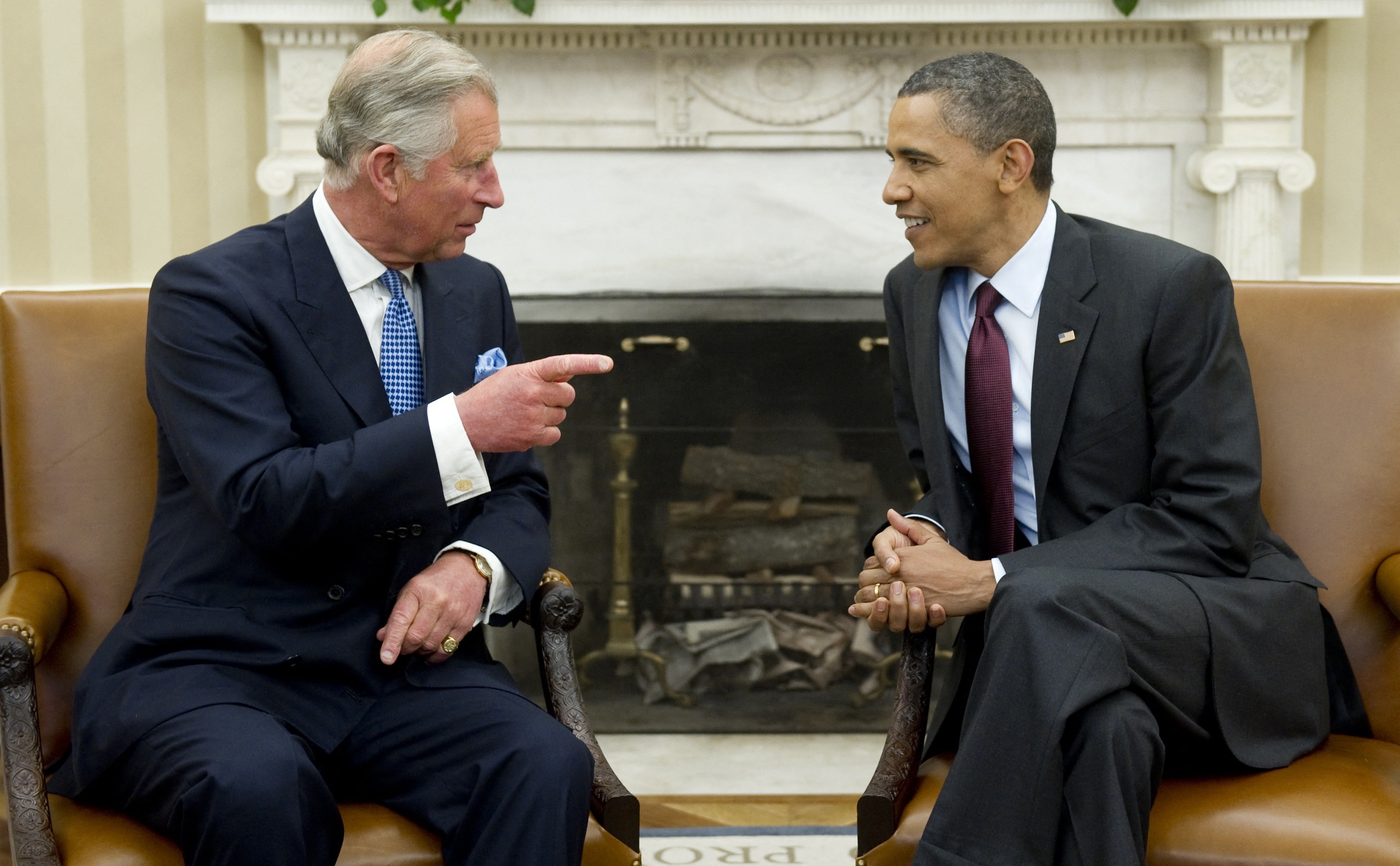
“I think this is a global commitment we all have, and I think he’s speaking about the facts of reality,” he said.
“We do expect to see leadership on global issues from the point of view of responsibility from world leaders, and the King of England is a world leader”.






Join our commenting forum
Join thought-provoking conversations, follow other Independent readers and see their replies
Comments